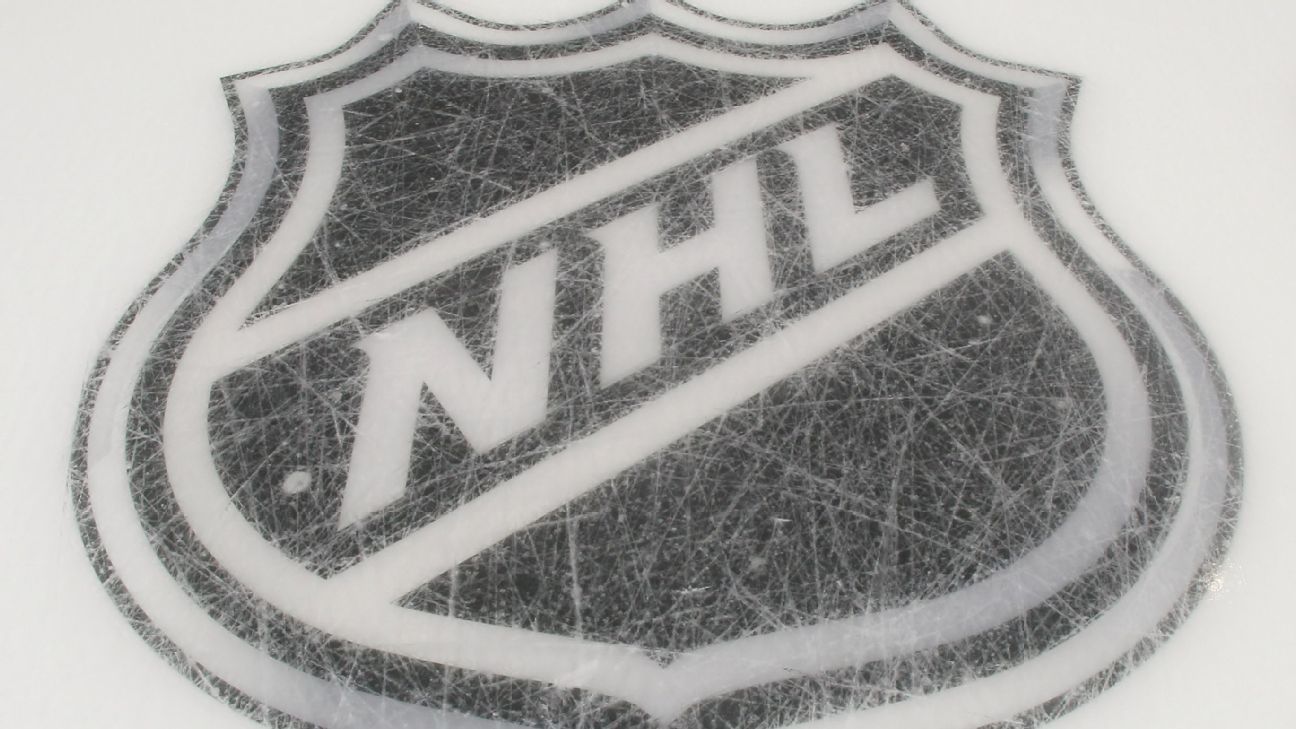
The National Hockey League is transitioning to Phase 2 of its return-to-play plan, as teams will be allowed to reopen training facilities in their cities on Monday if local regulations allow it.
On a "strictly voluntary basis," players can participate in small-group team training, with a maximum of six players at one time plus a limited number of staff members in the facility. This training will include small group sessions for on-ice workouts for players only, with no coaches or other team personnel allowed on the ice. Players must wear face coverings at all times in the facility, except when exercising or on the ice.
Many NHL players haven't skated since the league paused its regular season on March 12 because of the coronavirus pandemic.
The NHL said teams can immediately begin preparation for the players' return, including the scheduling of medical tests and education sessions about new safety protocols.
In late May, the NHL circulated a document to teams detailing how training facilities should reopen to maximize player health and safety. Everyone involved in Phase 2 will be administered a laboratory-based reverse transcription-polymerase chain reaction (RT-PCR) test 48 hours before they can participate. If local testing capacity allows, everyone participating in Phase 2 will be tested "at least twice weekly" afterward, according to the NHL. Players will check their temperatures daily and will have their temperatures checked before entering the facilities. They'll also keep a log of temperatures and any symptoms that could signal a COVID-19 infection.
One of the challenges in reopening facilities is getting players back to their home cities. NHL commissioner Gary Bettman estimated that at least 17% of NHL players were living overseas during the pause. There also are quarantine restrictions: If a player travels to his home city via public transportation -- such as a commercial flight or a train -- he must serve a 14-day self-quarantine period before he can participate in Phase 2. The team's medical personnel also can impose the 14-day self-quarantine for anyone traveling from a "high-risk environment."
If a player doesn't return to his team's city, there are provisions for that player to work out at another team's facility if he is in another NHL market. But players who participate in Phase 2 cannot work out or skate at any other public facility, nor can they organize group skates outside of the team training sessions.
The return to training facilities is a major step toward the opening of NHL training camps in July, ahead of what the league hopes is a return to finish the season at two hub cities in a previously announced postseason format. The NHLPA voted to approve that format, but has yet to vote on an actual return to the ice.
The NHLPA will receive feedback from players during this return to training facilities. The feedback will help with negotiations about training camp regulations and issues regarding what life could be like in those hub cities.















 Phone: (800) 737. 6040
Phone: (800) 737. 6040 Fax: (800) 825 5558
Fax: (800) 825 5558 Website:
Website:  Email:
Email: 






